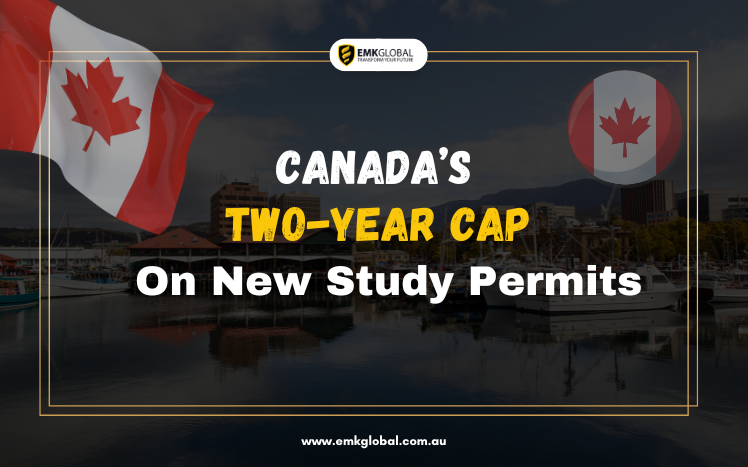Introduction
Canada’s recent overhaul of its student visa rules has sent shockwaves globally. This article delves into the intricacies of the new regulations, shedding light on the key changes and their potential impact on international students.
The Freeze on Processing New Study Permits
The Canadian government has temporarily halted the processing of new study permit applications for undergraduate, college, and long-term language students. This suspension is in place until a new “provincial attestation” process is established by provincial and territorial governments across the country.
Exceptions to the Freeze
Despite the freeze, study permit applications for K-12, master’s, and doctoral students remain unaffected, exempt from the cap. Additionally, short-term language students with study programs lasting six months or less can proceed with their plans.
Provincial Allocations and Discussions
Provinces and territories will be allocated a share of the total national volume of study permit applications for 2024. Discussions are ongoing to finalize the numbers and determine their distribution among Designated Learning Institutions (DLIs) in each region.
New Policy Settings and Their Ramifications
The new policy settings, announced on January 22, include significant changes. Students in public-private partnership programs will lose eligibility for post-graduate work permits starting September 1, 2024. Limits on work permits for spouses of international students are also on the horizon.
Provincial Attestation Letter Requirement
A pivotal change is the requirement for a “provincial attestation” letter to accompany study permit applications. Provinces and territories are expected to establish mechanisms for providing these letters by March 31, 2024.
Processing of Applications Filed Before January 22
All study permit applications received before January 22 will continue to be processed without the need for a provincial attestation letter, providing relief to applicants who filed before the new regulations.
Language Students and the Cap
Longer-term language students, with programs lasting six months or more, fall under the cap and require a provincial attestation letter. Shorter courses, however, remain exempt.
Distribution Among Designated Learning Institutions
Once allocations are finalized, provinces and territories will determine how to distribute the caps among DLIs in each region. This process will impact the number of international students and is subject to various considerations, including local labor market demands.
The “Zero Net-Growth Model” Explained
IRCC aims to maintain zero growth in foreign enrollment over the next two years. The national cap is calculated based on expiring study permits in 2024, adjusted for expected extension applications and approval rates.
Conclusion
While the new regulations have created confusion, this article aims to provide clarity on the current situation. It’s crucial for students, institutions, and stakeholders to stay informed as more details unfold.
Sources
monitor.icef.com
Frequently Asked Questions
- Q: Can I still apply for a study permit if I’m exempt from the cap?
A: Yes, exemptions include those applying for extensions, pursuing a master’s or doctoral degree, or attending primary or secondary school.
- Q: What happens to applications filed before January 22?
A: Applications received before this date will continue to be processed without the need for a provincial attestation letter.
- Q: How will provinces distribute their cap allocations among Designated Learning Institutions?
A: Provinces will have control over how permits are allocated within their jurisdiction, considering factors such as approval rates and local demands.
- Q: Is the provincial attestation letter requirement applicable to all study permit applications?
A: No, it applies only to certain applications received after the Minister’s announcement on January 22, 2024.




